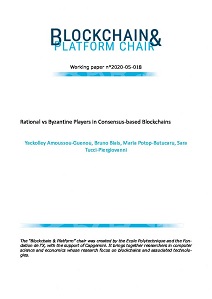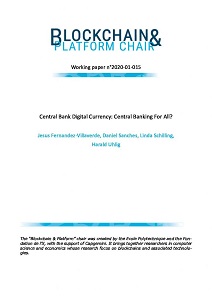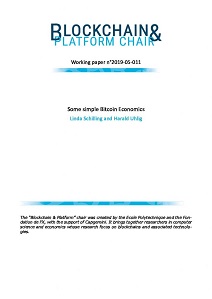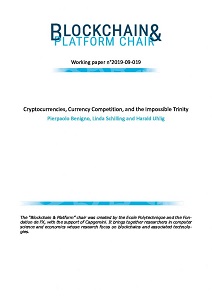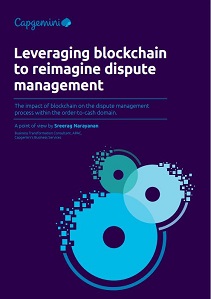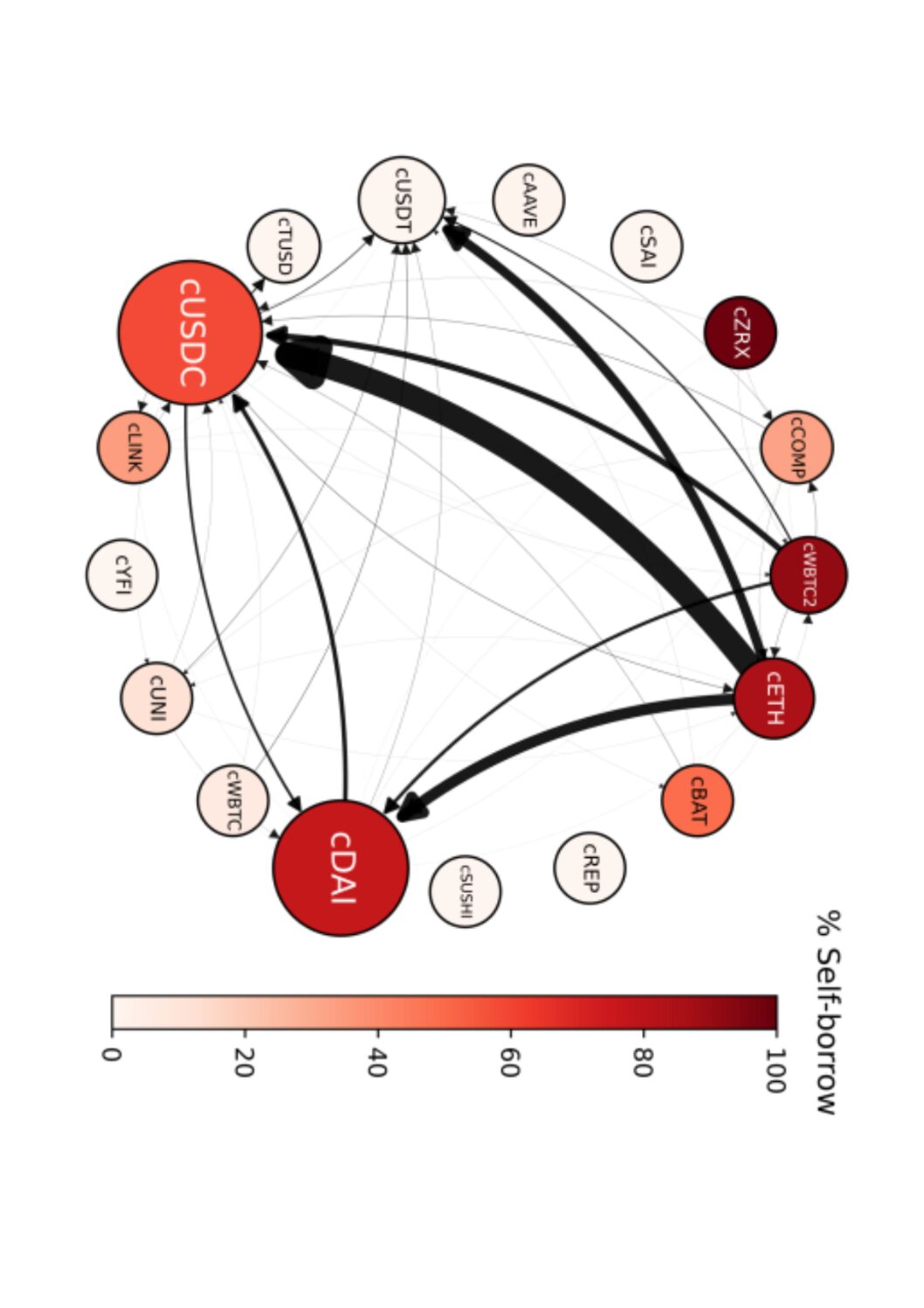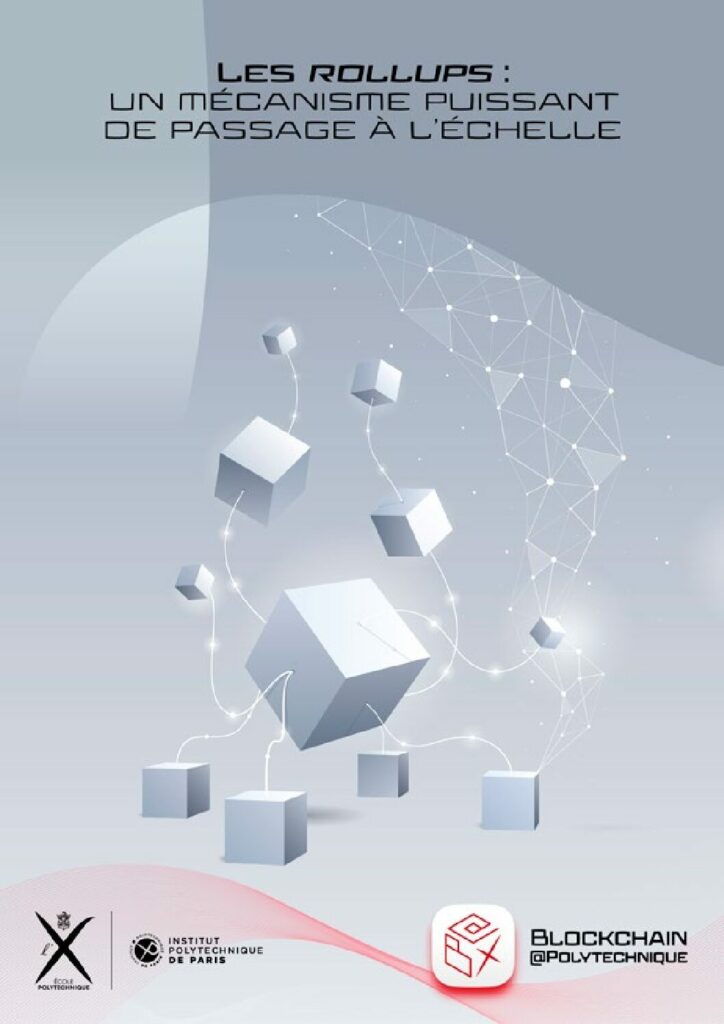Home > Publications
Publications
Discover the publications produced by the researchers from Blockchain@X research center at Ecole Polytechnique.
FILTERS
We analyze from the game theory point of view Byzantine Fault Tolerant blockchains when processes exhibit rational or Byzantine behavior. Our work is the first to model the Byzantine- consensus based blockchains as a committee coordination game. Our first contribution...
The introduction of a central bank digital currency (CBDC) allows the central bank to engage in large-scale intermediation by competing with private financial intermediaries for deposits. Yet, since a central bank is not an investment expert, it cannot invest in...
2020-05-01
|
Publications
|
Cryptoeconomics,Decentralization,Finance,Media,Technology,Telecommunications
|
In a novel model of an endowment economy, we analyze coexistence and competition between traditional fiat money (Dollar) and another intrinsically worthless medium of exchange, not controlled by a central bank, such as Bitcoin. Agents can trade consumption goods in...
2020-05-01
|
Publications
|
Decentralization,Finance,Media,Public Sector,Technology,Telecommunications
|
We analyze a two-country economy with complete markets, featuring two national currencies as well as a global (crypto)currency. If the global currency is used in both countries, the national nominal interest rates must be equal and the exchange rate between...
2020-04-07
|
Publications
|
Consumer Goods,Decentralization,Energy,Finance,Healthcare,Industrial Goods,Insurance,Public Sector,Scalability
|
How organizations have moved from blockchain hype to reality...
2020-04-01
|
Publications
|
Consumer Goods,Decentralization,Energy,Finance,Healthcare,Media,Technology,Telecommunications
|
The impact of blockchain on the dispute management process within the order-to-cash domain...

What's new
Last
Events
Last Outlooks
Newsletter
Sign up to receive the newsletter of the research center and be kept informed of our news and events.


